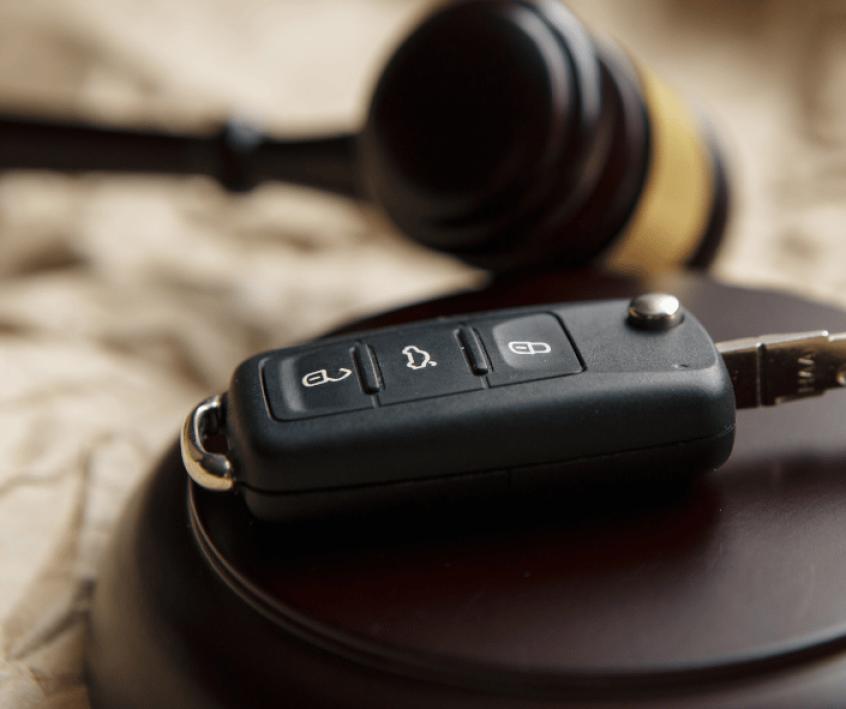
Driving without a valid license is more than just a traffic violation—it’s a criminal offense in many states. Whether you never had a license, allowed it to expire, or are driving on a suspended or revoked license, the penalties can be serious. It’s important to understand the legal definitions involved, because “driving unlicensed” and “driving with a suspended license” are treated very differently under the law.
In general, if you're caught driving without ever having obtained a license, the offense is usually a misdemeanor. However, if you were previously licensed and had it suspended or revoked for legal reasons, the penalties increase substantially and could even result in jail time.
Driving with a suspended license is considered more serious. Suspensions can occur for various reasons: DUI convictions, accumulating too many points on your driving record, failing to pay traffic fines, or not maintaining car insurance. In many states, driving on a suspended license is a misdemeanor, but it can be upgraded to a felony if it’s a repeated offense or tied to a serious incident like a car accident or DUI.
Additional consequences can include towing and impoundment of your vehicle, increased insurance costs, and further suspension of your driving privileges.
On the other hand, driving with a suspended or revoked license shows willful disregard for legal orders. Prosecutors and judges often push for harsher penalties in these cases to discourage repeat behavior.
Defenses may include lack of notice (e.g., you didn’t know your license was suspended), improper traffic stops, or demonstrating that you were driving due to an emergency situation. In some cases, a lawyer may be able to negotiate alternative sentencing, such as community service or traffic school, instead of jail time.
Legal representation is especially important if your case involves other offenses, such as DUI, expired registration, or lack of insurance.
A lawyer can help guide you through the reinstatement process, ensuring that all paperwork is properly filed and that you meet all legal requirements.
By consulting a qualified traffic lawyer, you can understand your options, protect your record, and work toward getting your driving privileges restored. Legal help can make the difference between a minor setback and a long-term issue.